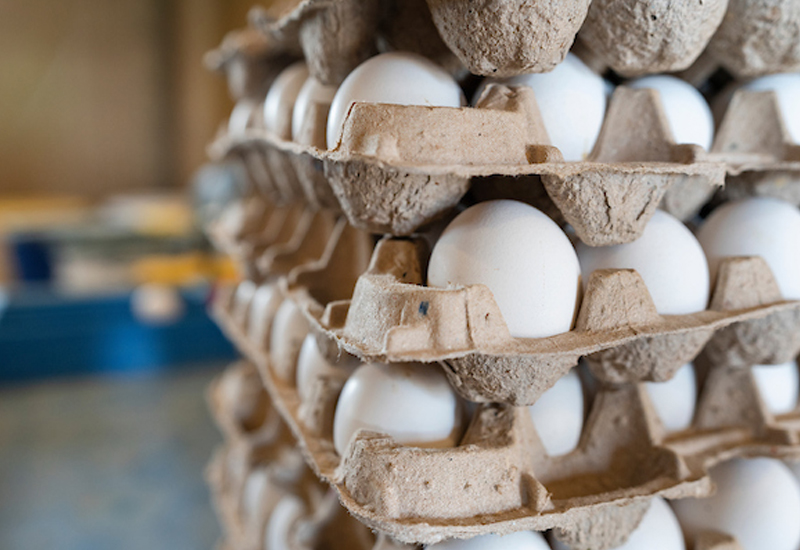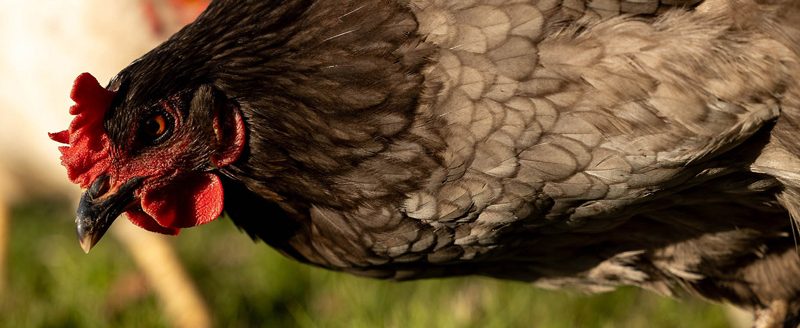Rollins: Progress made on avian flu and egg prices

Secretary of Agriculture Brooke Rollins said the U.S. Department of Agriculture’s five-pronged strategy to combat highly pathogenic avian influenza and lower egg prices has shown progress.
“Egg prices are falling, farmers are getting the relief they need, and we are seeing meaningful progress in the fight against avian flu,” Rollins said.“USDA is making targeted investments and driving innovation to keep our food supply strong and affordable —delivering real results for American families and producers.”
Since Feb. 26, wholesale egg prices have dropped nearly 50%. The New York wholesale egg price, which peaked at $8.53 per dozen, has steadily declined to $4.08 as of March 19. While seasonal Easter demand may cause fluctuations, the downward trend underscores the effectiveness of USDA’s approach.
USDA has expanded biosecurity assessments to commercial poultry producers nationwide, prioritizing egg-laying facilities in top-producing states. More than 130 facilities have undergone assessments in 2025.
To help prevent further outbreaks, USDA now offers two free, voluntary biosecurity assessments: one focused on wildlife risk mitigation and another on general biosecurity improvements. Additionally, all farms affected by HPAI must complete a biosecurity audit before restocking flocks. USDA is covering up to 75% of costs for the highest-risk biosecurity improvements.
To provide financial relief and support faster repopulation, USDA increased the indemnity rate for layer hens by 2.41 times on Feb. 27, raising compensation to $16.94 per bird.
USDA is working with the Food and Drug Administration and industry stakeholders to evaluate solutions that can help expand supply safely, minimize burdens on farmers and consumers, and promote innovative approaches to disease management. The department continues to explore ways to reduce the extent of depopulations while maintaining food safety standards.
USDA’s Animal and Plant Health Inspection Service launched a $100 million funding opportunity, in consultation with the U.S. Department of Health and Human Services, the Centers for Disease Control and Prevention, the National Institutes of Health and FDA, to support research into HPAI prevention, therapeutics, and potential vaccines. In consultation with HHS, USDA will also explore prevention strategies to promote biosecurity in agriculture and in humans, to ensure limited impact on American farmers. Funding will be awarded through a competitive process, with priority given to projects that:
- Develop novel therapeutics to address HPAI in poultry,
- Advance research on avian influenza risk pathways to improve biosecurity and outbreak response, and
- Explore vaccine candidates to protect poultry while minimizing trade disruptions.
USDA has secured new egg import commitments from Turkey and South Korea, with discussions ongoing with other countries to further expand supply in the short term. Additionally, U.S. shell egg exports have declined by 8%, ensuring more eggs remain in the domestic market to help stabilize prices.



